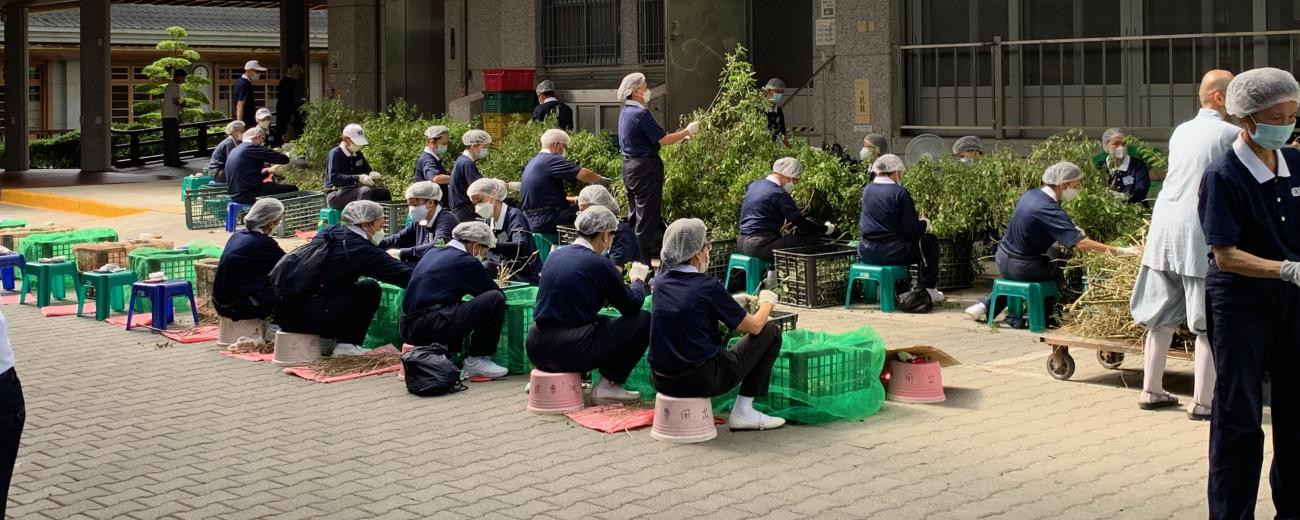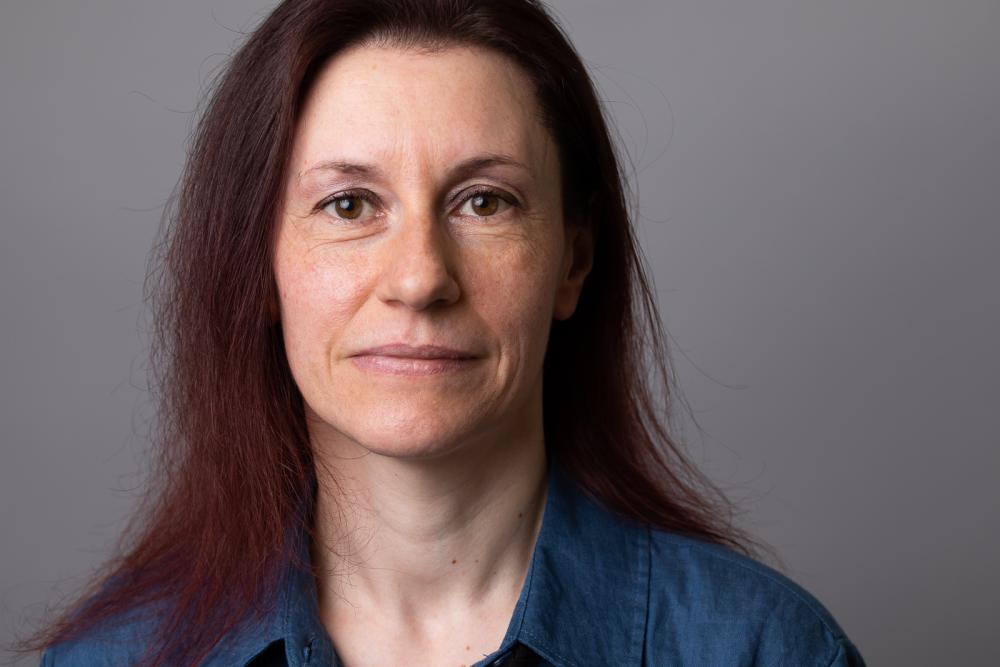
When religious humanitarianism creates a global community: Exploring the case of the Taiwanese Buddhist Tzu Chi Foundation

Key information
- Date
- Time
-
3:00 pm to 5:00 am
- Venue
- Brunei Gallery, SOAS, University of London
- Room
- BG01
About this event
This public lecture will explore the multi-faith and non-Asian membership of Tzu Chi Foundation, a Buddhist global humanitarian foundation.
Tzu Chi Foundation was established by the Buddhist nun Cheng Yen in 1966, in Hualian. From a small group of lay women fundraising for local needs, Tzu Chi gradually attracted people from the entire island and later overseas, and has eventually become one of the major Taiwanese transnational religious organizations. At present, Tzu Chi counts more than 200 nuns, sites in several countries in all the continents, and hundreds of thousands of volunteers and certified members.
The main missions of the foundation are charity and medical support to the needy, in line with the practice of ‘Humanistic Buddhism’ and the spirit of compassion of the Mahayana Bodhisattva path. Tzu Chi has built hospitals, universities, runs a major bone marrow bank, and is a world-leading organization in the support of global challenges like refugee crisis and environmental protection.
My research explores the multi-faith and non-Asian membership of this Buddhist global humanitarian foundation, and explains how a Taiwanese Buddhist foundation, and especially the founder Cheng Yen, could create an inclusive environment where difference in belief and culture did not undermine but reinforced charity missions. My talk explores the reinvention of religion and Buddhism that are foundation of this new “Tzu Chi model” of humanitarian action, and facilitated the creation of a global, diverse, and inclusive community worldwide.
Meet the speaker
Stefania Travagnin is a Reader in Chinese Buddhism at SOAS, University of London. She has a MA in Chinese Studies from Ca’Foscari University (Italy) and a PhD in the Study of Religion from SOAS.
Dr Travagnin has done field research among Buddhist communities in Taiwan for more than twenty years, has been visiting scholar in institutes like Academia Sinica, National Cheng Chi University, and the Center of Chinese Studies at the National Central Library of Taipei. Her research and publications on religion in Taiwan have explored especially Buddhist women, the phenomenon of Humanistic Buddhism, religion and media, and life and works of the monk Yinshun.
In the past few years, she has also researched Buddhist communities in Sichuan and has co-directed the multiyear project “Mapping Religious Diversity in Modern Sichuan” (CCKF funds, 2017-2023). She has edited or co-edited several volumes, including Religion and Media in China: Insights and Case Studies from the Mainland, Taiwan, and Hong Kong (Routledge, 2016), and the three-volume publication Concepts and Methods for the Study of Chinese Religions (De Gruyter, 2019-2020). She is also editor-in-chief of Review of Religion and Chinese Society.
